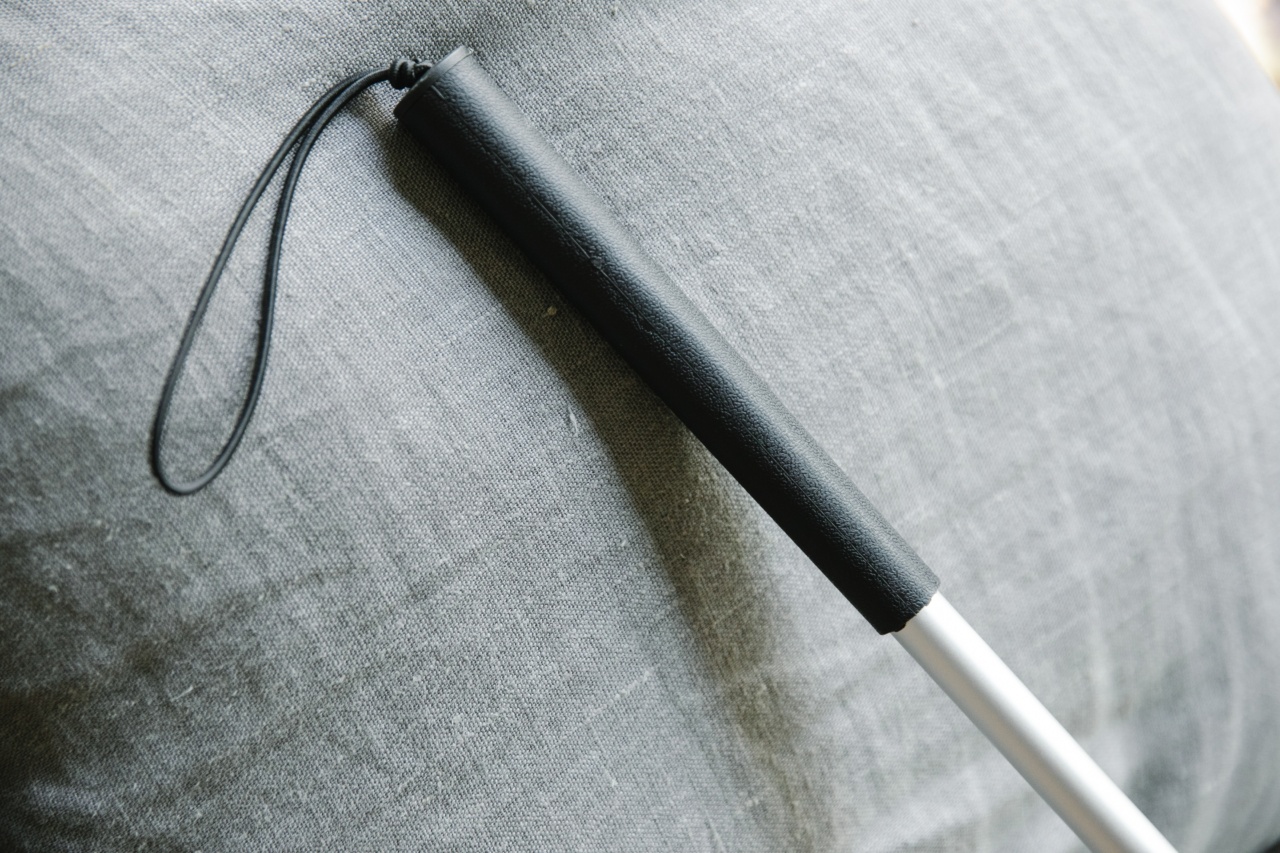Myopia surgery has become increasingly popular over the years as a way to correct nearsightedness. However, there is a risk of developing glaucoma after the surgery.
In this comprehensive guide, we will explore the steps you can take to prevent glaucoma after myopia surgery.
Understanding Myopia Surgery
Myopia surgery is a procedure that reshapes the cornea in order to correct nearsightedness. It typically involves the use of a laser to remove tissue from the cornea, which changes its shape and improves the patient’s vision.
There are several types of myopia surgery, including LASIK, PRK, and SMILE.
The Risk of Glaucoma After Myopia Surgery
There is a risk of developing glaucoma after myopia surgery. Glaucoma is a group of eye diseases that cause damage to the optic nerve, which can lead to vision loss and blindness.
The risk of developing glaucoma after myopia surgery is higher in patients who have certain risk factors, such as a family history of glaucoma or a history of high eye pressure.
Preventing Glaucoma After Myopia Surgery
There are several steps you can take to prevent glaucoma after myopia surgery:.
1. Choose an Experienced Surgeon
One of the most important steps you can take is to choose an experienced and skilled surgeon. A good surgeon will be able to identify any potential risk factors and take steps to minimize the risk of complications.
2. Attend Follow-Up Appointments
It is important to attend all follow-up appointments with your surgeon. They will monitor your eye health and make any necessary adjustments to your treatment plan to ensure the best possible outcomes.
3. Use Eye Drops as Directed
Your surgeon may prescribe eye drops to help prevent infection and reduce inflammation after the surgery. It is important to use these eye drops exactly as directed to ensure the best possible results.
4. Avoid Rubbing Your Eyes
Rubbing your eyes after myopia surgery can increase the risk of infection and other complications. It is important to avoid touching or rubbing your eyes for several weeks after the surgery.
5. Protect Your Eyes from the Sun
The sun can damage your eyes after myopia surgery, so it is important to protect them from the sun’s harmful UV rays. Wear sunglasses that provide 100% UV protection, and a hat or visor when spending time outdoors.
6. Monitor Your Eye Pressure
If you have a history of high eye pressure or a family history of glaucoma, your surgeon may recommend monitoring your eye pressure after the surgery. This can help identify any potential complications early on.
7. Follow a Healthy Lifestyle
A healthy lifestyle can help improve your eye health and reduce the risk of glaucoma after myopia surgery. Eat a balanced diet, exercise regularly, and get enough sleep to help maintain good eye health.
Conclusion
Myopia surgery is a safe and effective way to correct nearsightedness. However, there is a risk of developing glaucoma after the surgery.
By following the steps outlined in this comprehensive guide, you can help reduce your risk of developing glaucoma and ensure the best possible outcomes after myopia surgery.




























